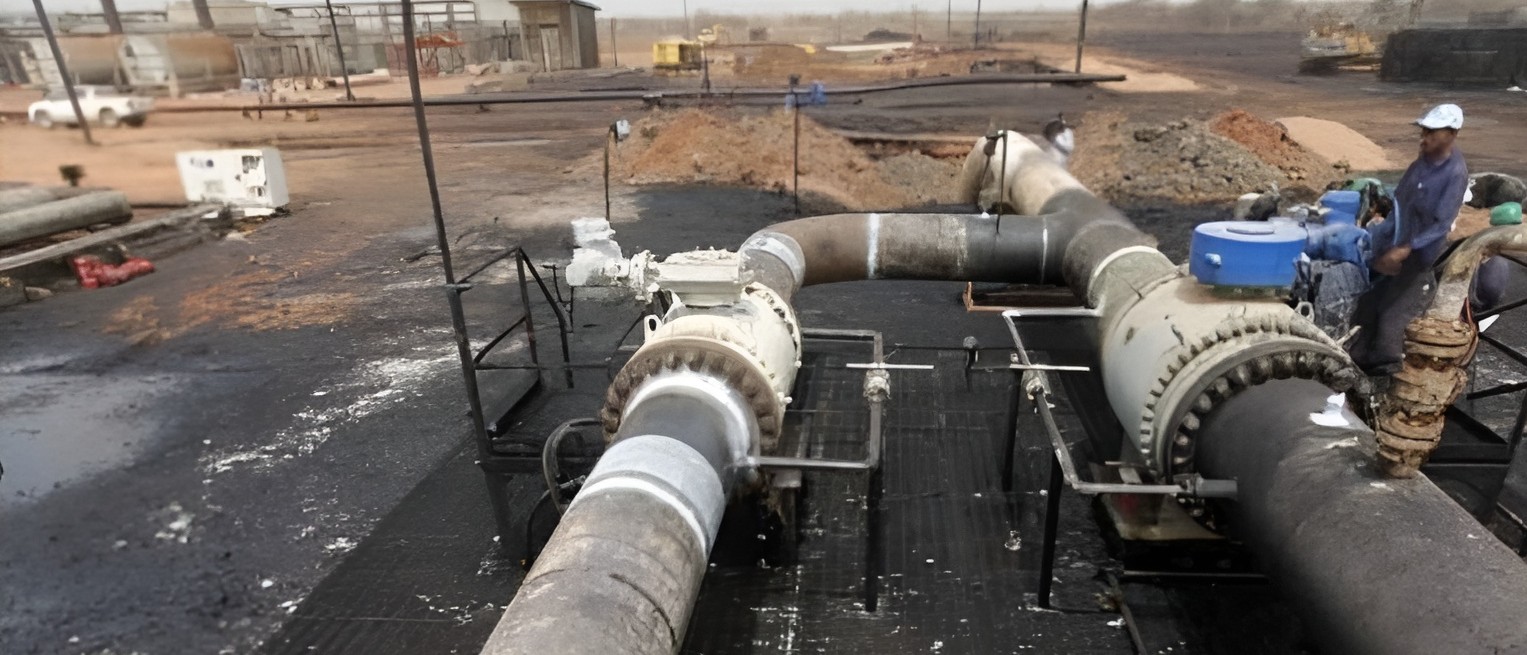State gives Kenyans in areas prone to natural disasters 48 hours to move

The government said that all members of the public affected by this directive will be notified by the end of the day on Wednesday.
The Cabinet has directed Kenyans living in areas vulnerable to natural disasters such as floods, mudslides, landslides, and riparian lands to evacuate in the next 48 hours.
The decision followed a special meeting chaired by President William Ruto at the State House, Nairobi, on Tuesday, "to deliberate on additional measures required to mitigate the effects of the ongoing torrential rains on life, property and livelihoods of the people of Kenya."
More To Read
- Government activates nationwide emergency response amid heavy rain advisory
- Government revises Sh4.3 trillion budget to save costs
- Cabinet clears hospital projects in Bungoma, Kericho to boost UHC rollout
- Counties mandated to establish emergency funds following Cabinet approval
- Expect significant rains across Kenya this week, weatherman warns
- Live blog: MPs vet Ruto's cabinet nominees
The Cabinet reviewed a report from the Kenya Meteorological Department that said the rains will persist in intensity and duration and warned that matters could worsen as soils are fully saturated.
It also noted that government agencies had finished mapping out all the fragile ecosystems around the country.
"Consequently, the Cabinet directed that all members of the public residing within these risky areas are required to move within 48 hours," a Cabinet dispatch stated.
"These include areas near dams and other water reservoirs in public or private land, areas prone to mudslides and landslides and riparian lands along rivers and other water courses across the country."
 A special Cabinet meeting, in light of devastating effects of heavy rains and flooding across the country, takes place at the State House in Nairobi on April 30, 2024, led by President William Ruto (R). (Photo: PCS)
A special Cabinet meeting, in light of devastating effects of heavy rains and flooding across the country, takes place at the State House in Nairobi on April 30, 2024, led by President William Ruto (R). (Photo: PCS)
The government said that all members of the public affected by this directive will be notified by the end of the day on Wednesday.
The government said it had put in place measures to support the evacuation and temporary shelter of those affected by this directive, should they need assistance. It has also identified public spaces in various parts of the country where temporary shelter will be given, and essential food and non-food supplies provided.
"While the government encourages voluntary evacuation, all those who remain within the areas affected by the directive will be relocated forcibly in the interest of their safety," the Cabinet statement said.
Other directives
Other highlights from the Cabinet meeting included a directive for National Government Administration officers (NGAO) to work with county governments, humanitarian organisations and other stakeholders to ensure that the process of notification, evacuation and shelter provision is carried out in a timely, humane and effective manner.
The National Disaster Operations Centre (NDOC) was asked to provide coordination among government ministries, departments and agencies (MDAs), development partners, humanitarian organisations and other stakeholders to ensure a seamless and coherent exercise throughout the country.
Security agencies will enforce this directive with the support of the National Youth Service (NYS).
𝗠𝗢𝗩𝗘 𝗢𝗨𝗧 𝗢𝗙 𝗥𝗜𝗦𝗞-𝗣𝗥𝗢𝗡𝗘 𝗔𝗥𝗘𝗔𝗦, 𝗖𝗔𝗕𝗜𝗡𝗘𝗧 𝗢𝗥𝗗𝗘𝗥𝗦
— State House Kenya (@StateHouseKenya) April 30, 2024
President @WilliamsRuto this morning convened a Special Cabinet meeting to deliberate on additional measures required to mitigate the effects of the ongoing torrential rains on life, property and… pic.twitter.com/83fpk4HTjs
The government also asked residents of Garissa and Tana River counties, and others living near other dams and water reservoirs, to move in line with the directive of the Cabinet.
This is because the water levels at Masinga and Kiambere dams have reached "historic highs," presenting the risk of more death and displacement.
"In Nairobi, where the effects on people who live on riparian lands have been devastating, especially in the informal settlements along the Nairobi River, the Cabinet has directed that people living within the 30-metre riparian corridor move out within 48 hours as their lives are in harm's way," the statement said.
The Cabinet further directed the Ministry of Lands, Public Works, Housing and Urban Development to fast-track the rollout of social housing to accommodate slum residents, prioritising those vacating the riparian area.
It further directed the Nairobi Rivers Commission, the Nairobi County Government and the ministry to work with communities living along the three main rivers in Nairobi—Mathare, Ngong and Nairobi—to create an additional 30-metre planning corridor.
"This corridor will be useful for the development of social housing, parks, roads and other public utilities," the statement said.
Opposition's criticism
The Cabinet's announcement came amid criticism by the opposition, which said President Ruto's Kenya Kwanza government is unprepared to handle Kenya's flood crisis.
Opposition chief Raila Odinga issued a statement in which he said the heavier-than-usual rains across the country have exposed the government's shortcomings. He emphasised the need for accountability and a reordering of priorities in response to the floods, highlighting failures in planning and infrastructure investment.
Last week, President Ruto directed the provision of alternative land for people living in high-risk areas.
"I have authorised the National Youth Service to provide land for people living in dangerous areas to be moved to safe ground as we decide on what to do with them," he said.
 A special Cabinet meeting, in light of devastating effects of heavy rains and flooding across the country, takes place at the State House in Nairobi on April 30, 2024. (Photo: PCS)
A special Cabinet meeting, in light of devastating effects of heavy rains and flooding across the country, takes place at the State House in Nairobi on April 30, 2024. (Photo: PCS)
On Monday, the Interior ministry said the County Security and Intelligence Committees should give recommendations on areas where compulsory evacuation and temporary resettlements are to be effected.
Meanwhile, Government Spokesman Isaac Mwaura, in his latest update on heavy rains and floods across the country, said 30,214 households, with approximately 190,942 persons, have been displaced.
Nairobi County is the worst hit, with 147,031, more than 77 per cent of the number of people displaced countrywide. So far, the government has set up 52 camps for the displaced.
Kenya is currently in its long rain season (March to May) and the Meteorological Department has warned that several parts of the country will continue to receive heavy rainfall this week.
The April 30-May 6 forecast shows that some parts of the country might experience mudslides.
Heavy rainfall is expected in some parts of the highlands east and west of the Rift Valley, the Lake Victoria basin, the Rift Valley, the south-eastern lowlands, and north-western and north-eastern Kenya.
Among the areas to be affected are Nairobi, Nyandarua, Laikipia, Nyeri, Kirinyaga, Murang'a, Kiambu, Meru, Embu, Machakos, and Kitui. Others are Makueni, Kajiado, Wajir, Garissa, Kericho, Bomet, Kakamega, Siaya, Kisumu, Homa Bay, Narok, Nakuru, Trans-Nzoia and Uasin-Gishu.
The coastal counties of Mombasa, Tana River, Kilifi, Lamu and Kwale are expected to experience sunny intervals during the day and partly cloudy nights.
Top Stories Today











































